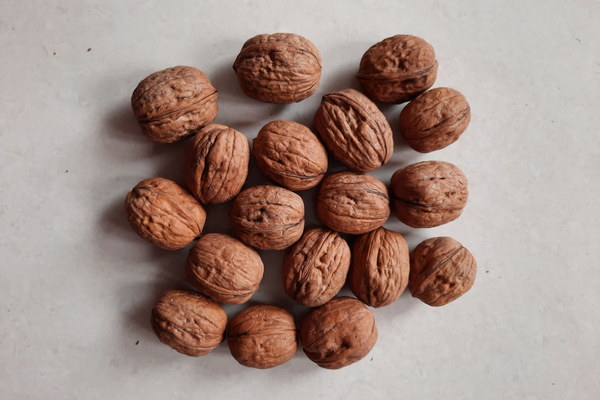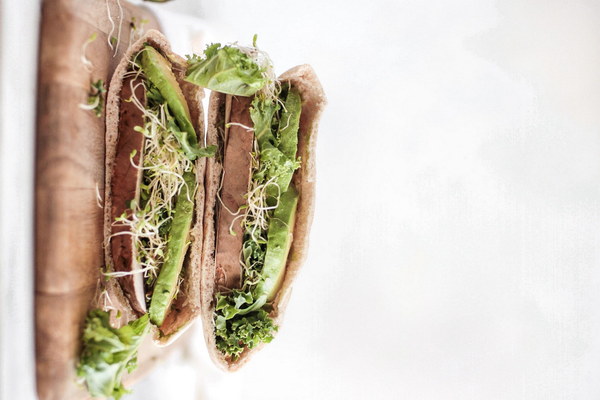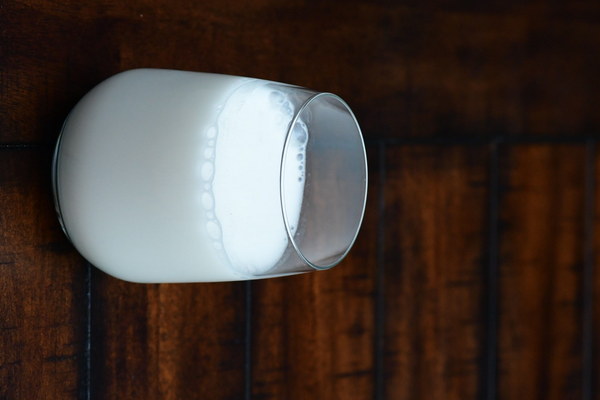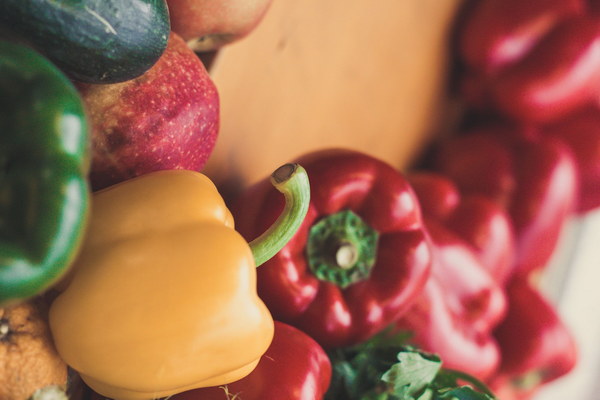Nourishing Your Stomach A Recipe for Healing Pigeon Rice Porridge
In the realm of traditional Chinese medicine, the emphasis is often placed on balancing the body's internal energies, and one of the key principles is to nurture the stomach, as it is considered the root of health. Enter the humble pigeon, a bird revered for its medicinal properties, and the pigeon rice porridge, a soothing and replenishing dish that aims to nourish the stomach and restore balance to the body. In this article, we'll delve into the health benefits of pigeon rice porridge and provide you with a recipe to prepare this warming and healing dish at home.
The Health Benefits of Pigeon Rice Porridge
Pigeon, known as Fei in Chinese, has long been prized for its medicinal properties. It is believed to boost the immune system, improve digestion, and enhance overall vitality. The combination of pigeon meat and rice in a porridge form creates a dish that is gentle on the stomach, making it an ideal meal for those suffering from indigestion, weak digestion, or simply looking to maintain a healthy gut.
1. Strengthening the Stomach
The pigeon's meat is rich in nutrients such as proteins, vitamins, and minerals, which are essential for the repair and maintenance of the stomach lining. It also has a soothing effect on the digestive tract, which can alleviate symptoms of stomach ulcers and other gastrointestinal issues.
2. Boosting Immunity
Pigeon meat is a great source of amino acids, which are crucial for the production of antibodies and the enhancement of the immune system. This makes pigeon rice porridge a fantastic meal for those recovering from illness or looking to bolster their immune response.
3. Energy and Vitality
The combination of pigeon meat and rice provides a substantial amount of energy. This makes the dish perfect for those who are weak, tired, or need a quick pick-me-up.
Recipe for Pigeon Rice Porridge
Ingredients:
- 1 whole pigeon (preferably organic)
- 1 cup of unpolished rice
- 8 cups of water
- 1 piece of ginger (about 2 inches long)
- 2 slices of fresh ginseng (optional)

- 2 tablespoons of goji berries (optional)
- Salt to taste
Instructions:
1. Begin by preparing the pigeon. Pluck the feathers, remove the entrails, and wash the pigeon thoroughly under running water. Pat it dry with a clean towel.
2. Cut the ginger into slices and place them in a pot with the water. Bring the water to a boil, then reduce the heat and simmer for about 10 minutes to extract the ginger's flavor.
3. While the ginger is simmering, rinse the rice under cold water until the water runs clear. This helps to remove excess starch, preventing the porridge from becoming too thick.
4. Add the pigeon to the pot and bring the water back to a boil. Once boiling, reduce the heat to a simmer, and cook for about 1 hour, or until the pigeon is tender.
5. Add the goji berries and fresh ginseng (if using) to the pot, and continue to simmer for another 20 minutes.
6. After 1 hour and 20 minutes, remove the pot from heat. Use a spoon to remove any foam that has formed on the surface of the porridge.
7. Carefully remove the pigeon from the pot and set it aside to cool. Once cool enough to handle, remove the skin and bones, and chop the meat into small pieces.
8. Return the pigeon meat to the pot, and add the rice. Stir the mixture well to combine. Continue to simmer for another 30 minutes, or until the rice is fully cooked and the porridge has reached your desired consistency.
9. Season with salt to taste and serve hot. This pigeon rice porridge is best enjoyed on a cold day or as a comforting meal after a hard day's work.
By incorporating pigeon rice porridge into your diet, you can provide your body with the nourishment it needs to maintain a healthy stomach and support overall well-being. Embrace the tradition and enjoy the healing power of this delectable dish.









